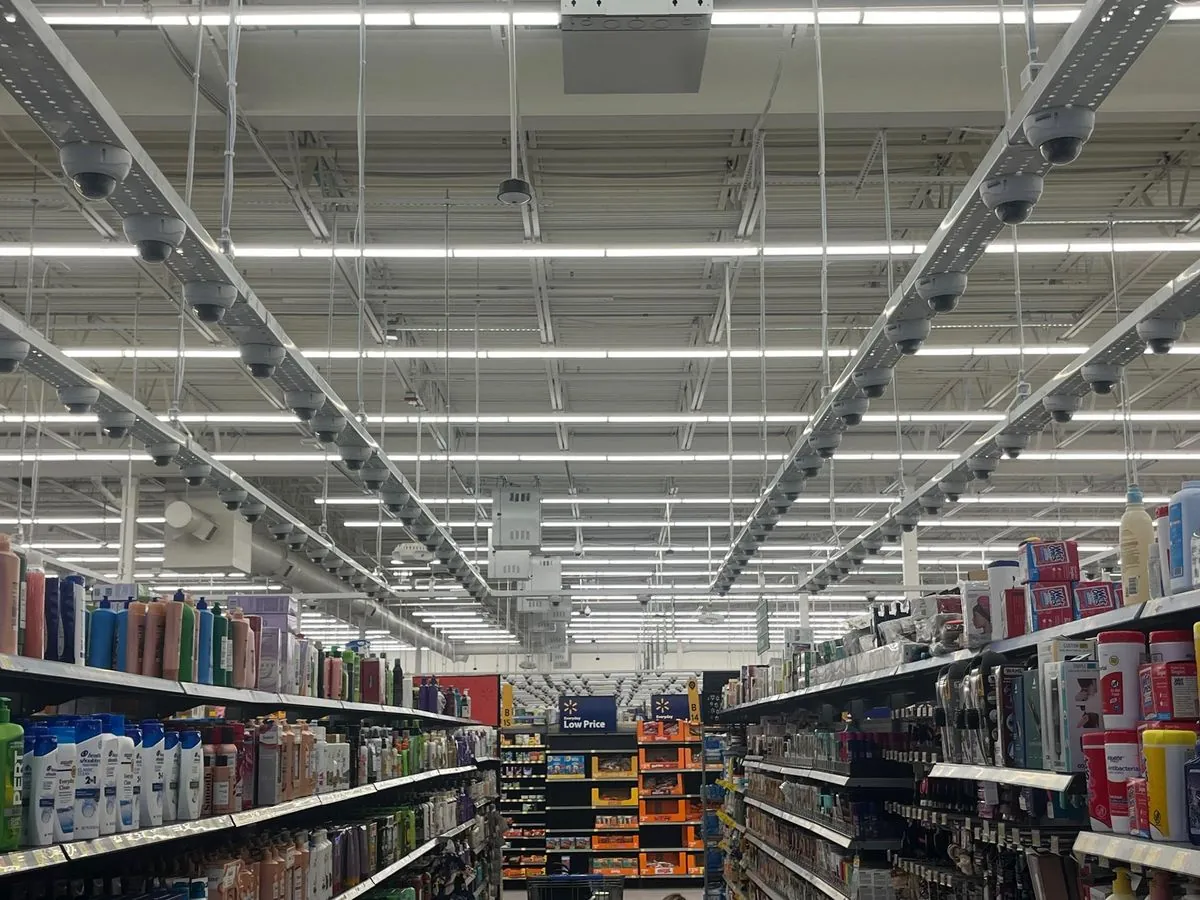Co-op Battles Surge in Organized Shoplifting and Staff Abuse
Co-op reports 44% rise in shoplifting and 35% increase in staff abuse. Organized criminals use wheelie bins to steal entire aisles, exploiting £200 theft threshold. Improved police partnerships show promising results.

The Co-op supermarket chain is grappling with an unprecedented surge in organized shoplifting and violence against staff, according to Paul Gerrard, the company's public affairs director. This alarming trend has led to a staggering 1,000 daily incidents across their stores, marking the highest level of crime and abuse in the company's history.
Gerrard revealed that shoplifting has increased by 44%, while violence and abuse towards staff have risen by 35%. The nature of these thefts has evolved, with criminals now targeting entire aisles of goods. "People are coming into our stores with wheelie bins and builders bags to steal the entire confectionery section, the entire spirit section, the entire meat section," Gerrard explained.

The severity of the situation is further highlighted by the extreme measures criminals are willing to take. Gerrard reported instances of staff being threatened with knives, syringes, and even a medieval mace. Some employees have suffered serious injuries, including the loss of an eye, while others have been forced to relocate due to threats from offenders.
Professor Emmeline Taylor, a leading authority on shoplifting from City University, attributes part of the problem to the £200 threshold for store theft introduced in 2014. This policy, intended to free up police resources, has instead been perceived by some criminals as a "license to steal" as long as they stay below the limit.
"Offenders have told me it's a license to steal as long as they don't pass the £200 limit."
The scale of the issue is staggering. While police recorded 443,995 shoplifting offenses last year, Professor Taylor estimates this represents only 4% of the actual 17 million store thefts reported by retailers.
In response to these challenges, the government has pledged to scrap the £200 threshold and introduce a specific offense for assaulting shop workers. Additionally, improved partnerships between retailers and law enforcement have shown promising results. Gerrard reported a 200% increase in offenders managed by police and a 250% rise in prison sentences over the first seven months of 2024.
The complexity of organized retail crime is exemplified by a case study shared by Professor Taylor. She described a homeless drug addict who stole goods worth £500,000 annually to feed a £300-per-day habit. This individual was part of a larger criminal network, highlighting the intricate nature of modern shoplifting operations.
As retailers continue to combat this growing problem, they are employing various strategies to deter theft. Many stores now use electronic article surveillance (EAS) systems, CCTV cameras, and undercover security personnel. Some have implemented "no chase" policies to protect employees from potential violence, while others use "benefit denial" devices that render stolen items useless without proper deactivation.
The surge in organized shoplifting not only impacts retailers but also honest consumers, as stores may increase prices to recoup losses. As the retail industry and law enforcement adapt to these evolving challenges, the hope is that improved partnerships and targeted legislation will help curb this concerning trend.


































